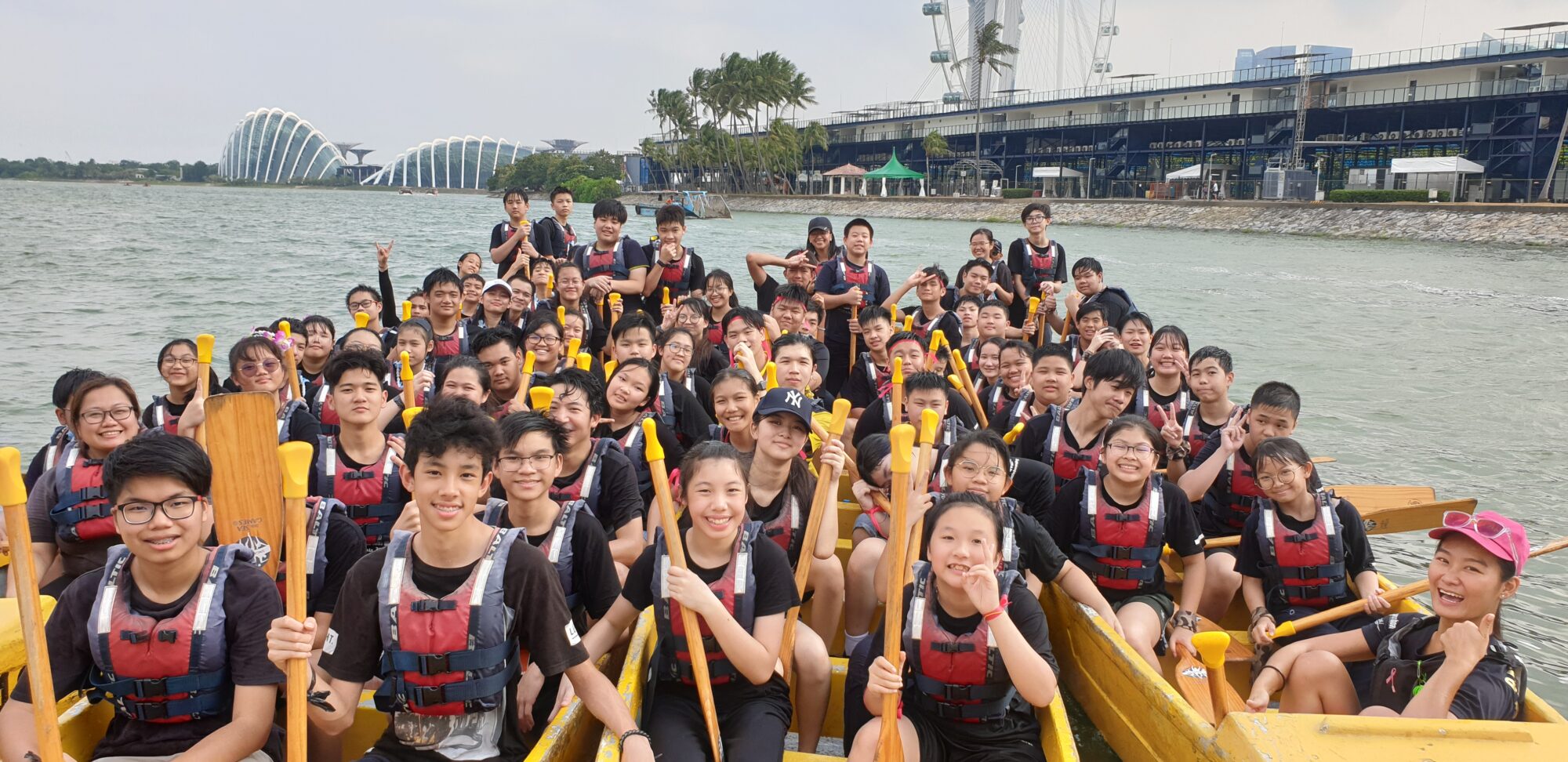Our children face today’s fast-paced and demanding academic environment. After each term of arduous work in school, vacations play a role in ensuring their over-all well-being and development. Vacations are not just breaks from routine, but an opportunity for both rest and productive non-academic activities. These times are well-deserved by students, so it’s important that they are spent wisely.
So, why are vacations important for students?
First, vacations are a time for physical rest. As the same time, they are also a time for mental rest and stress relief. This helps prevent burnout and allows students to recharge. This recharging and relaxation are crucial for their mental well-being. We’ll also see that vacation breaks allow students to have a refreshed mind, which may lead to better academic performance when school re-opens.
Next, vacations are a great time for social and family bonding. Catching up with friends and family which are done on vacations strengthens their relationships and creates lasting memories. This social support offers them emotional stability.

Finally, vacations are a time for students to explore interests outside school. They may have a day or two of just lounging around and doing nothing, but it’s good if they do something more productive. This may contribute to personal growth and development.
So, what productive things can they do during their holidays? We are not talking about tuition and catching up on readings, but other fun, productive, less stressful activities.
Vacations are an ideal time for enriching hobbies that students are passionate about. These may be playing musical instruments, trying baking or cooking, doing digital arts, and other similar activities. These can be both enjoyable and beneficial for personal development.

Next, participating in community service or volunteer work can be a great way for students to spend their vacation. This can be a good bonding moment with family members, too, which allows plenty of teaching moments and opportunities to share one’s insights about life.
Finally, and probably a favourite of many, travelling to new places can be done during vacations. Travelling can be an educational experience which exposes students to different cultures. By travelling, they can both have fun and engage their minds.
We hope Milchelians are having a fun and productive mid-year break so that they all come back refreshed to start another term!




